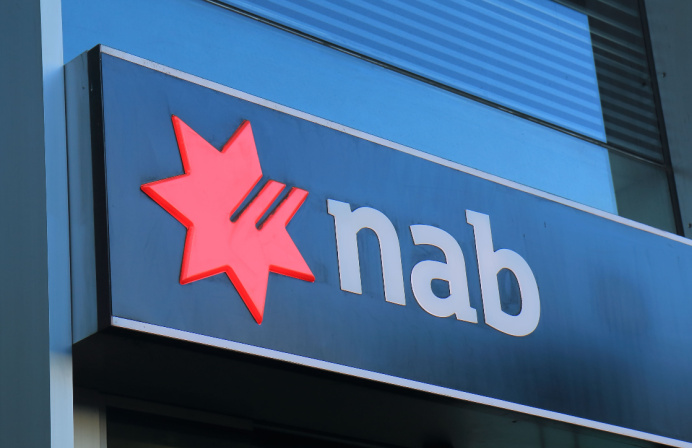
As fellow Aussie neobanks fall (Xinja and Volt) or fold into a big bank competitor (86 400), Judo Bank’s endurance stands out as one of the industry’s sterling exceptions. For Brian Somerville, Judo’s chief digital officer, the bank’s continuing success comes down to a simple – and perhaps self-evident – strategy: find your niche and scale based on cultural over technological capability.
Speaking at the Future of Financial Services, Melbourne 2022, and featuring as part of the event’s FSI Leaders’ panel, Somerville noted that Judo’s success comes down to a concerted effort by the bank to home in on a very specific customer segment.
“We’ve picked a niche – small to medium [business] lending – and we want to be the very best at that. That’s what we’re 100 per cent focused on.
“There are a whole lot of other things we could do, but we won’t because we don’t have the scale.”
Somerville conceded that, with its core values of “entrepreneurial vigour and drive” front and centre, Judo’s ability to scale is limited to its capacity to recruit the right people to align with these values.
“There is no silver bullet for recruiting. We take our time to fill [our ranks] with the right people.
“And while technology scale is important, cultural scale is the most important focus [for us].”
For Somerville, Judo’s simplified, profit-focused business model is also vital to its success as a challenger bank – a model that also recognises customer growth alone is not enough to maintain a sustainable business.
“Judo got its business licence in 2019. We’re profitable. We’re on the ASX [Australian Securities Exchange]. All of that was very deliberate.
“We [have] a model for profitability; just getting customers on board won’t get you there. [Being] profitable gives us a lot of levers to pull.”
While Judo posted a loss of $16.1 million in its half-year P&L statement, down from a $1.9 million profit in the first half of 2021, its loan book remains strong, growing 73.0 per cent year-on-year between June 2021 and June 2022 to exceed $6.1 billion.
Self-service, sure, but direct relationships matter more
Without the luxury of a “huge advertising and marketing budget” of bigger banks, Judo relies on cultivating deep customer relationships and value-added, personalised interactions, Somerville said.
“That’s ultimately where our business comes from.”
Small and medium businesses were, for Judo, a market segment that has long been neglected by the rest of the financial services sector.
“SMEs need trust in their lender, and trust is built upon understanding each other.
“Businesses are best understood through person-to-person contact.”
Once businesses are on-board, there is, he said, more of an opportunity to digitalise interactions and support more self-servicing options.
However, as Somerville stressed, “the way to build trust is in knowing each other”, a key factor in also understanding and managing risk.





